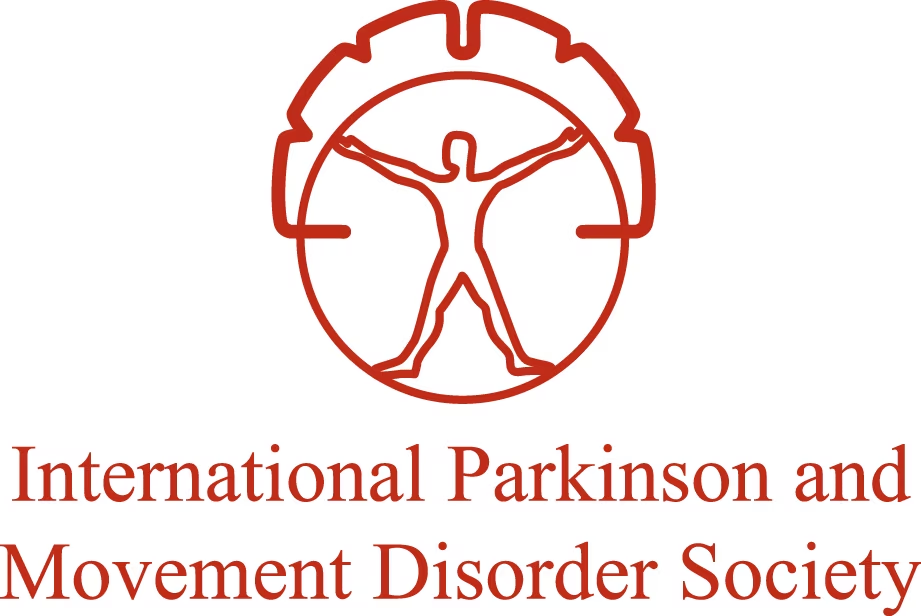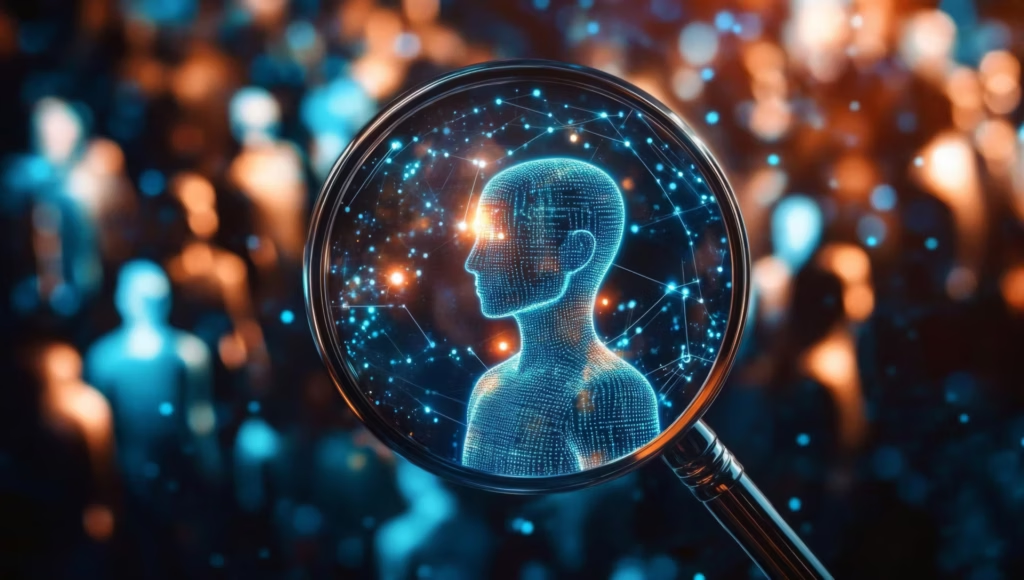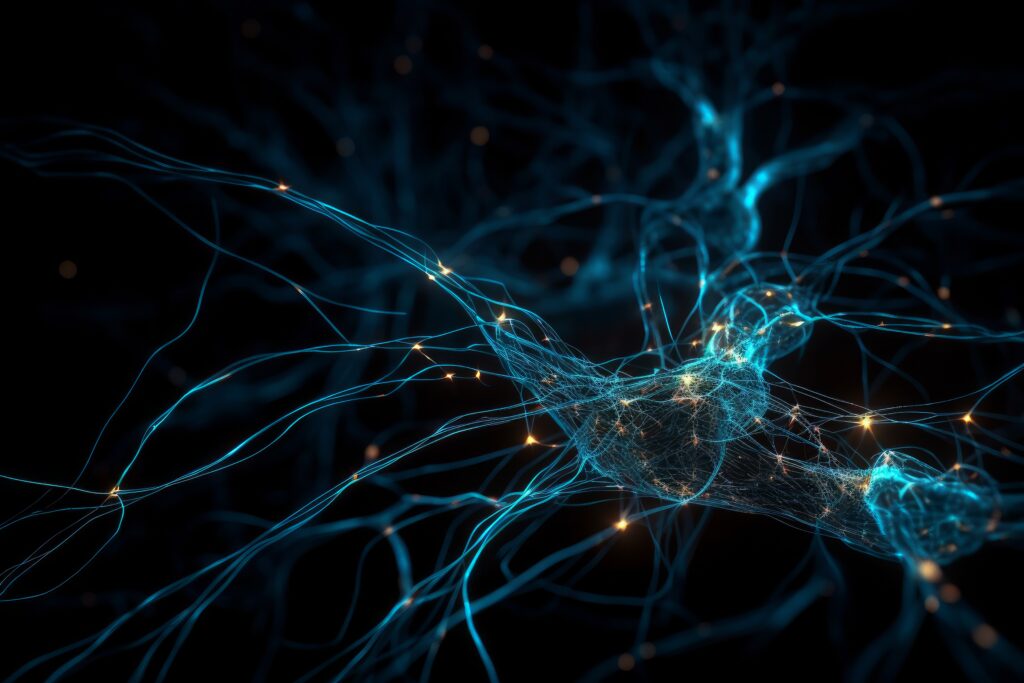Movement Disorders
An Introduction to Movement Disorders
Movement disorders encompass a range of conditions including ataxia, dystonia, essential tremor, multiple system atrophy, Parkinson’s disease (PD) and restless legs syndrome. The treatment landscape of PD has seen numerous developments, including the introduction of dopamine agonists and MAO-B inhibitors, along with device-assisted therapies that prove particularly useful in advanced-stage disease. The first-line treatment of ataxia with botulinum toxin is long established, but new preparations of the drug are likely to contribute to the future landscape.
Browse video highlights and short articles from the conference hub, providing insights into the latest updates from major conferences and peer-reviewed articles from the journal portfolio. This is complimented by a range of educational activities from our expert faculty, with patient outcomes at the forefront.
Our supporting partners do not constitute an endorsement of the content on this page.

Physician burnout is at a critical point. In this episode, Nicky speaks with Dr Alfred Atanda about why so many physicians are burning out and what can be done to change the trend. From personal experience to system-wide solutions, Dr Atanda shares valuable insights on improving physician well-being and building a more effective healthcare culture.

In this episode, we explore the future of continuing medical education (CME) with the team behind touchIME. Hannah Fisher and Matthew Goodwin share insights into global and US trends, the importance of patient inclusivity and how educational outcomes are evolving to better measure the direct impact of learning on clinical practice and patient care.
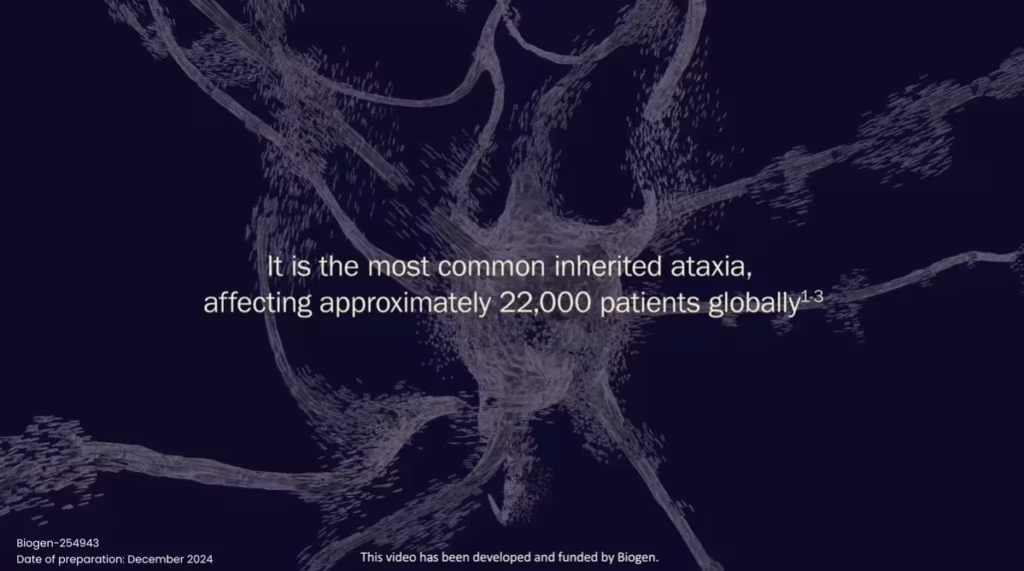
Watch a leading expert discuss the key signs and symptoms of Friedreich ataxia and how to avoid diagnostic delays.
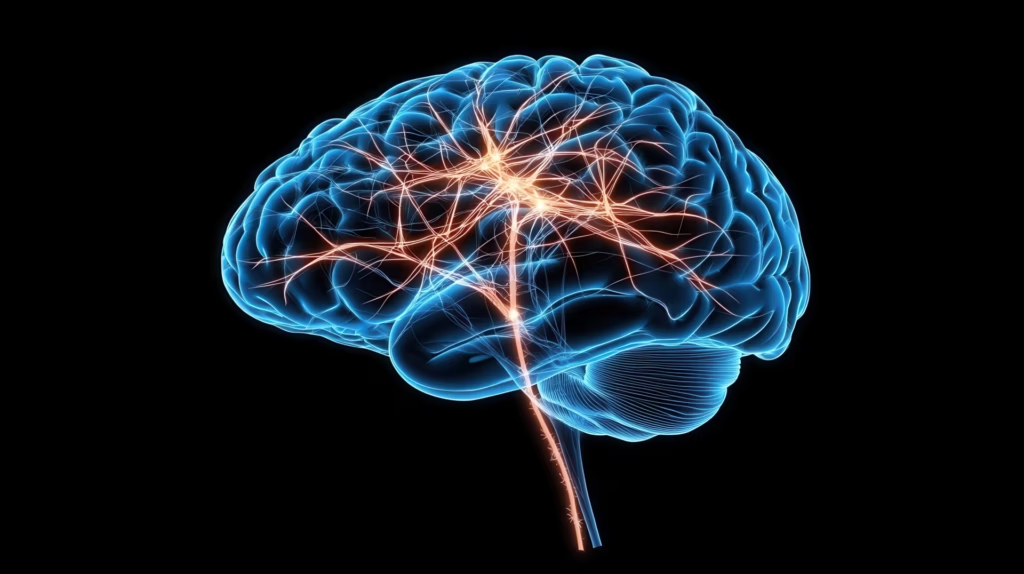
Amyotrophic lateral sclerosis (ALS) is characterized by the degeneration of both upper and lower motor neurons, which ultimately leads to muscle weakness, atrophy, spasticity and contractures.1 ALS typically manifests in the 50–60 years age range, although familial cases may present in ...

The 2025 Annual Meeting of the American Academy of Neurology in San Diego brought together over 14,500 neurology professionals from 110 countries and all 50 US states, alongside more than 300 exhibiting companies. It was a week filled with inspiring science, learning, and global collaboration—all in support of advancing brain health for all. Among the many highlights were the late-breaking abstracts, showcasing some of the most exciting developments in neurology. From this impressive selection, we’ve chosen five standout presentations that reflect the innovation and momentum seen throughout the meeting.
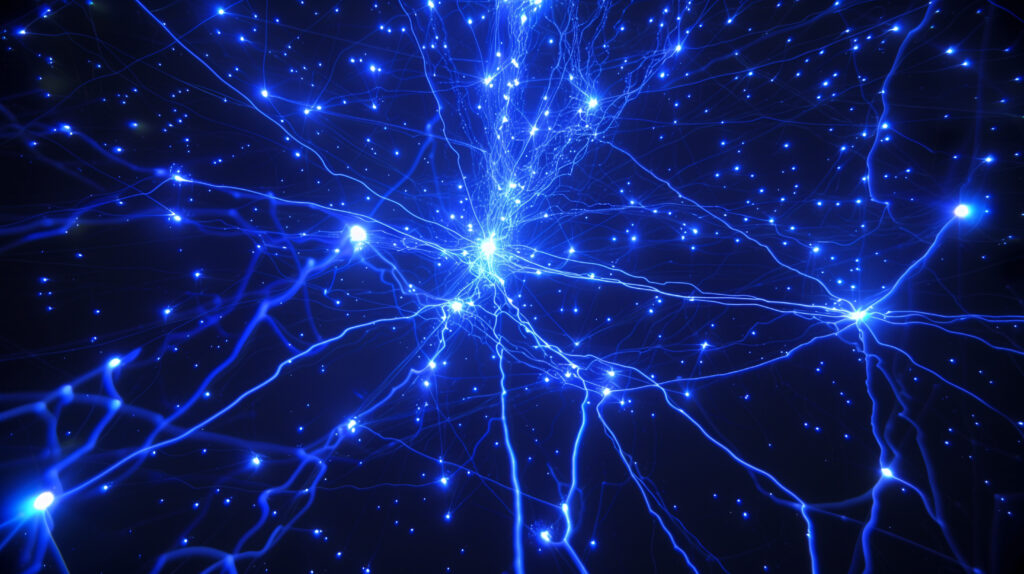
New 48-week data from the ongoing Phase 3 KINECT 4 study evaluating valbenazine for the treatment of tardive dyskinesia (TD) have been presented at the 2025 Psychiatry Update Conference in Chicago. The finding showed the majority of participants reached a defined threshold for remission of TD regardless of underlying psychiatric disorder.
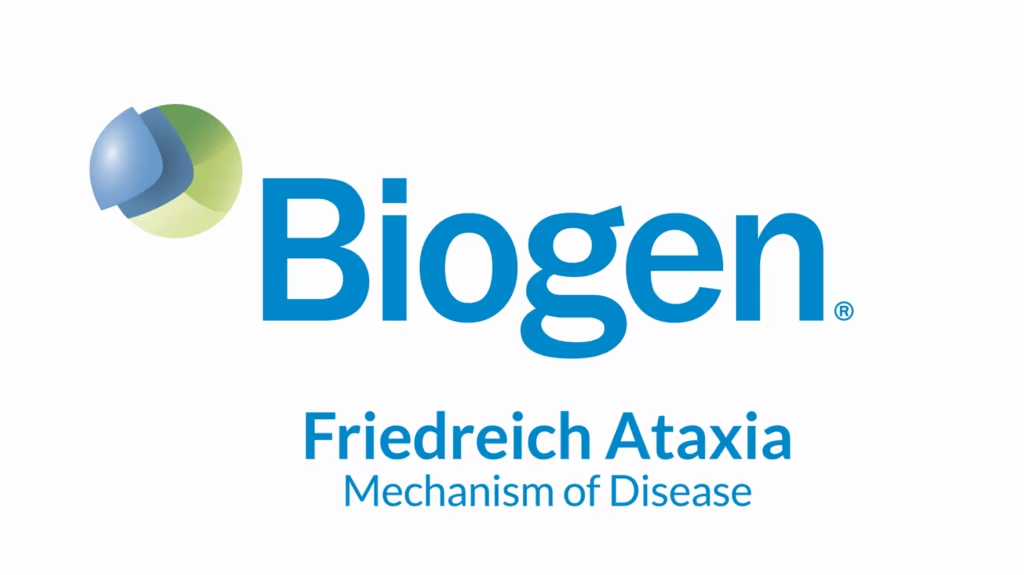
Watch this short video animation to learn how genetic mutations in patients with Friedreich ataxia (FA) translate into clinical symptoms.
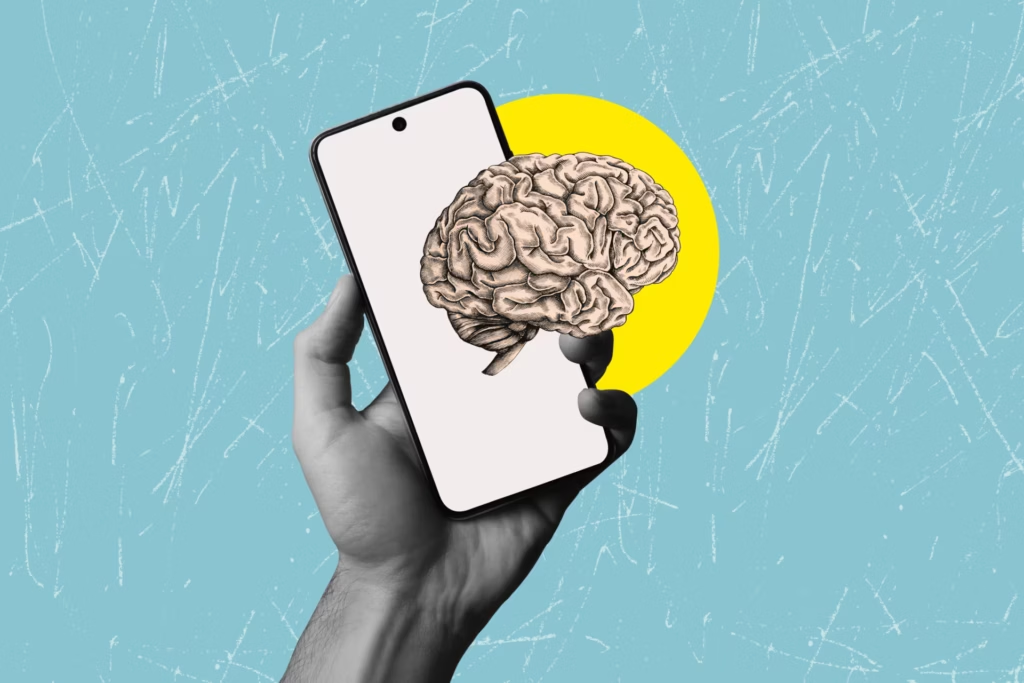
In this episode, we’re joined by Bradley Love, Professor of Cognitive and Decision Sciences at UCL, ELLIS fellow, and creator of BrainGPT. We discuss how this large language model is poised to assist researchers in advancing their work.
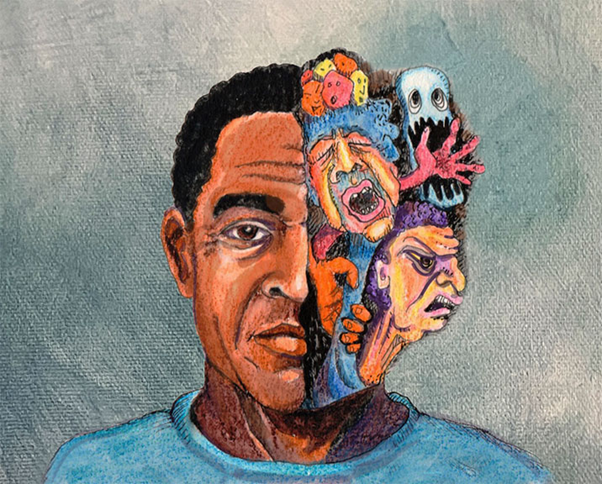
A powerful new illustrated book, What Parkinson’s Feels Like, has been released to help build empathy and raise awareness about the lived experience of Parkinson’s disease. Created by artist Barbara Salsberg Mathews, who was diagnosed with Parkinson’s in 2020, the book translates vivid descriptions from people with Parkinson’s around the world into compelling, mixed-media illustrations.
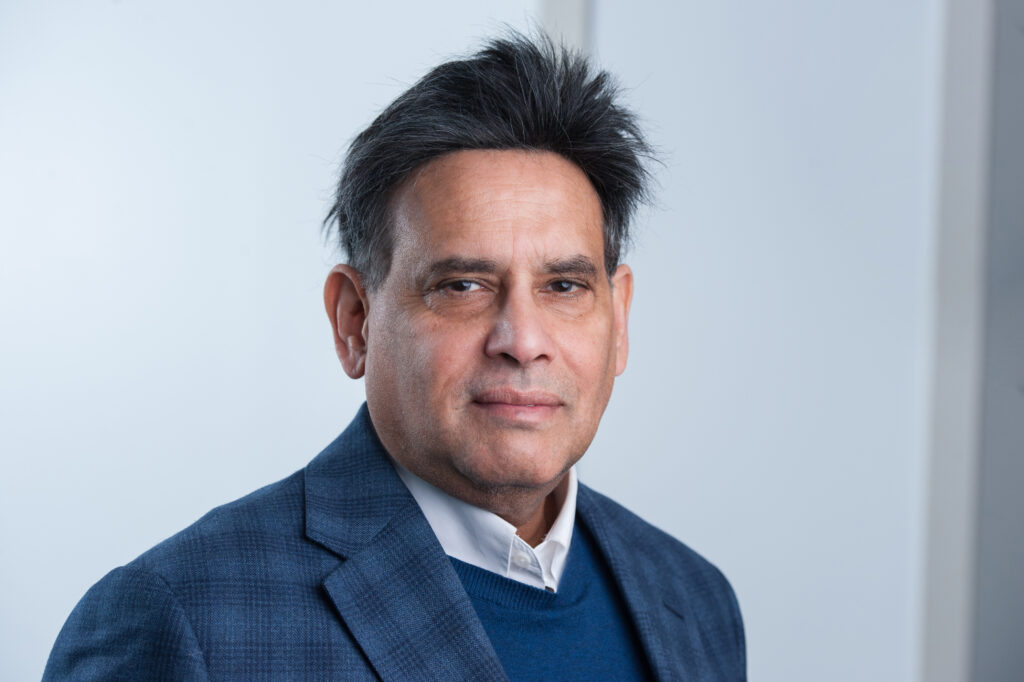
Explore ground-breaking advancements in the treatment of movement disorders in this insightful interview with Prof. K. Ray Chaudhuri, who shares his key takeaways from the 10th Congress of the European Academy of Neurology meeting in Helsinki. He discusses promising new therapies, personalized care approaches, and significant research on the staging of Parkinson's. Additionally, Prof. Chaudhuri emphasizes the importance of holistic treatment, stepped-care strategies, remote management, and the potential of wearable technology in improving patient outcomes, bringing his wealth of knowledge and insights to touchNEUROLOGY
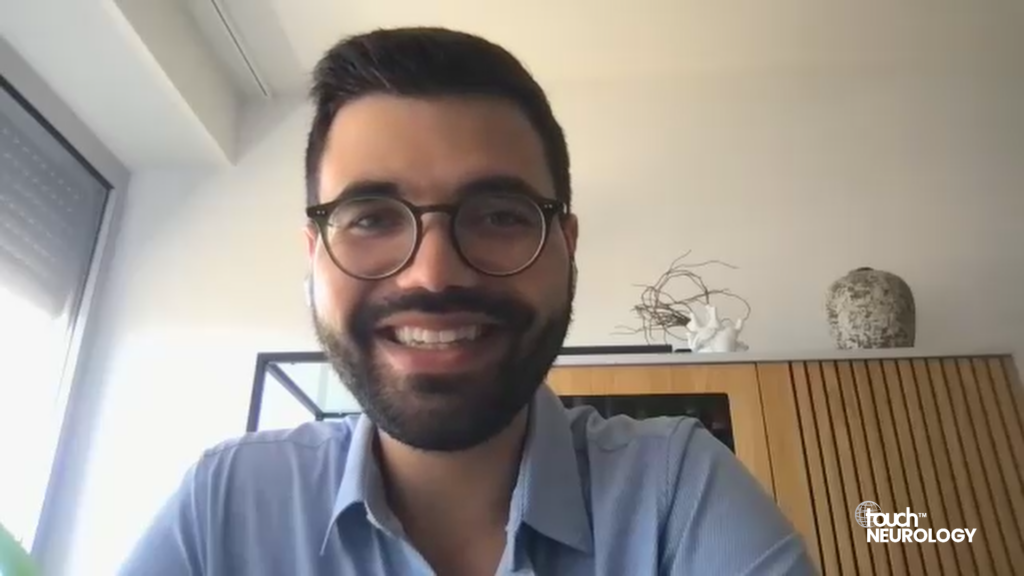
Key topics and highlights from the Late-Breaking News session at the European Academy of Neurology (EAN) meeting are discussed in this interview, where Dr. Miguel Miranda provides valuable insights. He addresses unmet medical needs in dementia, aging, and movement disorders, drawing on his experience from Unidade Funcional de Neurologia, Hospital de Cascais Dr. José de Almeida, Cascais, Portugal, as he joins touchNEUROLOGY.
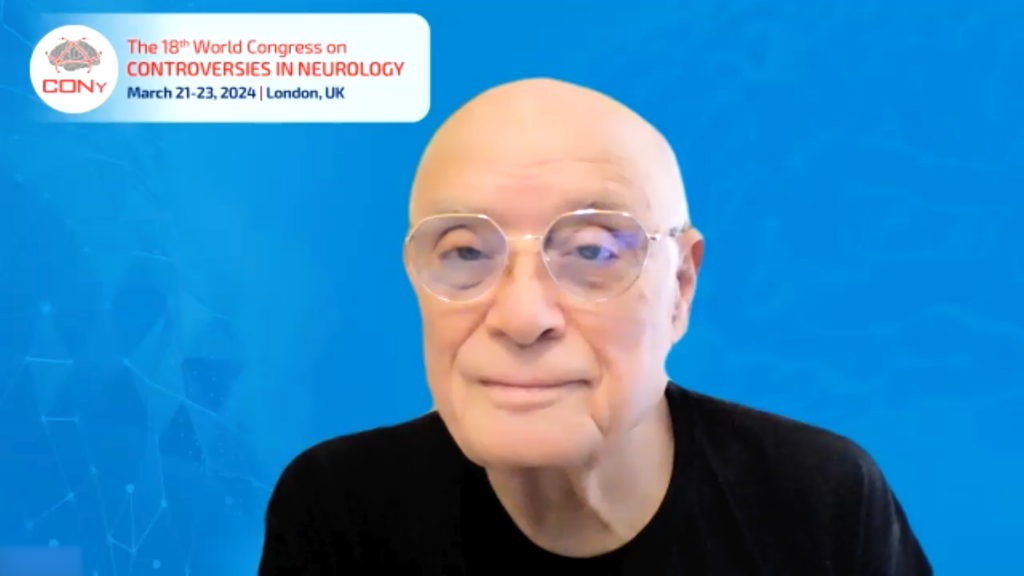
The 17th World Congress on Controversies in Neurology (CONy) took place March 23-25 2023 in Dubrovnik, Croatia. Prof. Amos D. Korczyn, CONy President (University of Tel-Aviv, Tel-Aviv, Israel) joined touchNEUROLOGY to discuss the main aims and focus of the recent CONy ...
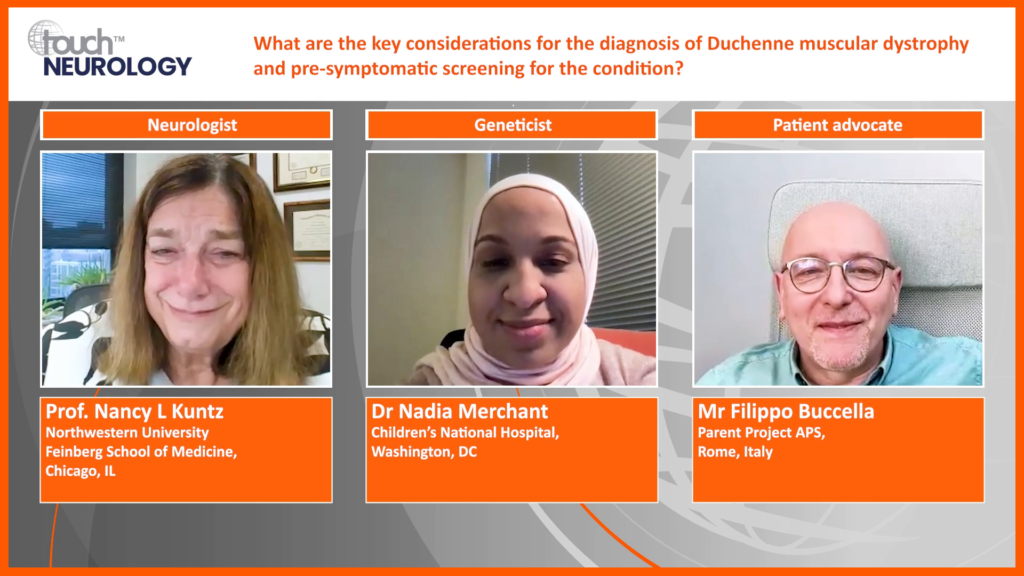
A multidisciplinary team and a patient advocate discuss the symptoms, diagnosis and modern medical management of Duchenne muscular dystrophy
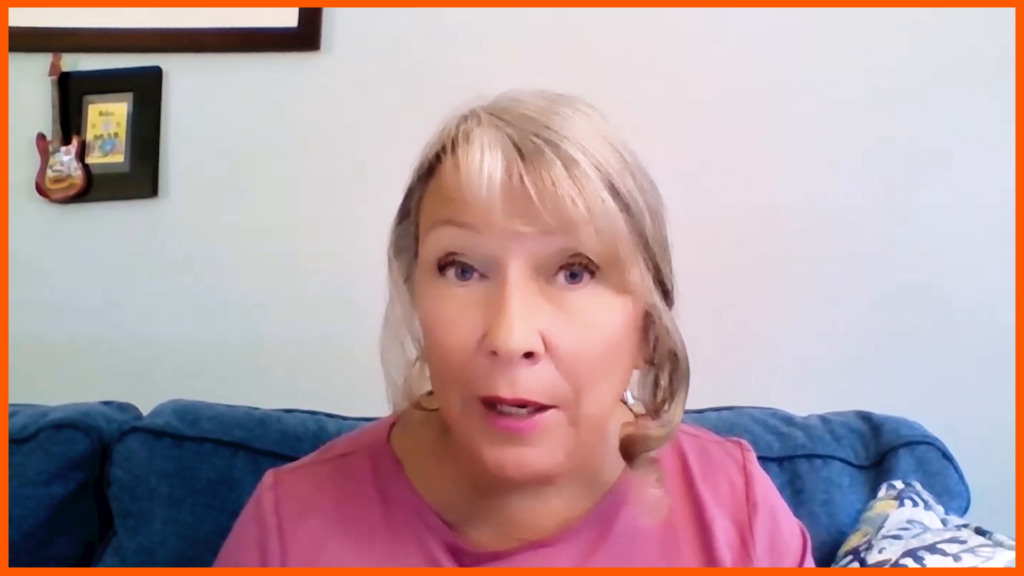
An expert gives her perspectives on the history and prevalence of alpha-mannosidosis, its diagnosis and treatment options

The surge in social media use seems to have become a sign of our times. Social media has ramified into not only our personal lives but, importantly, also our professional lives and will continue to do so in the future.1–4 ...
Latest articles videos and clinical updates - straight to your inbox
Log into your Touch Account
Earn and track your CME credits on the go, save articles for later, and follow the latest congress coverage.
Register now for FREE Access
Register for free to hear about the latest expert-led education, peer-reviewed articles, conference highlights, and innovative CME activities.
Sign up with an Email
Or use a Social Account.
This Functionality is for
Members Only
Explore the latest in medical education and stay current in your field. Create a free account to track your learning.



